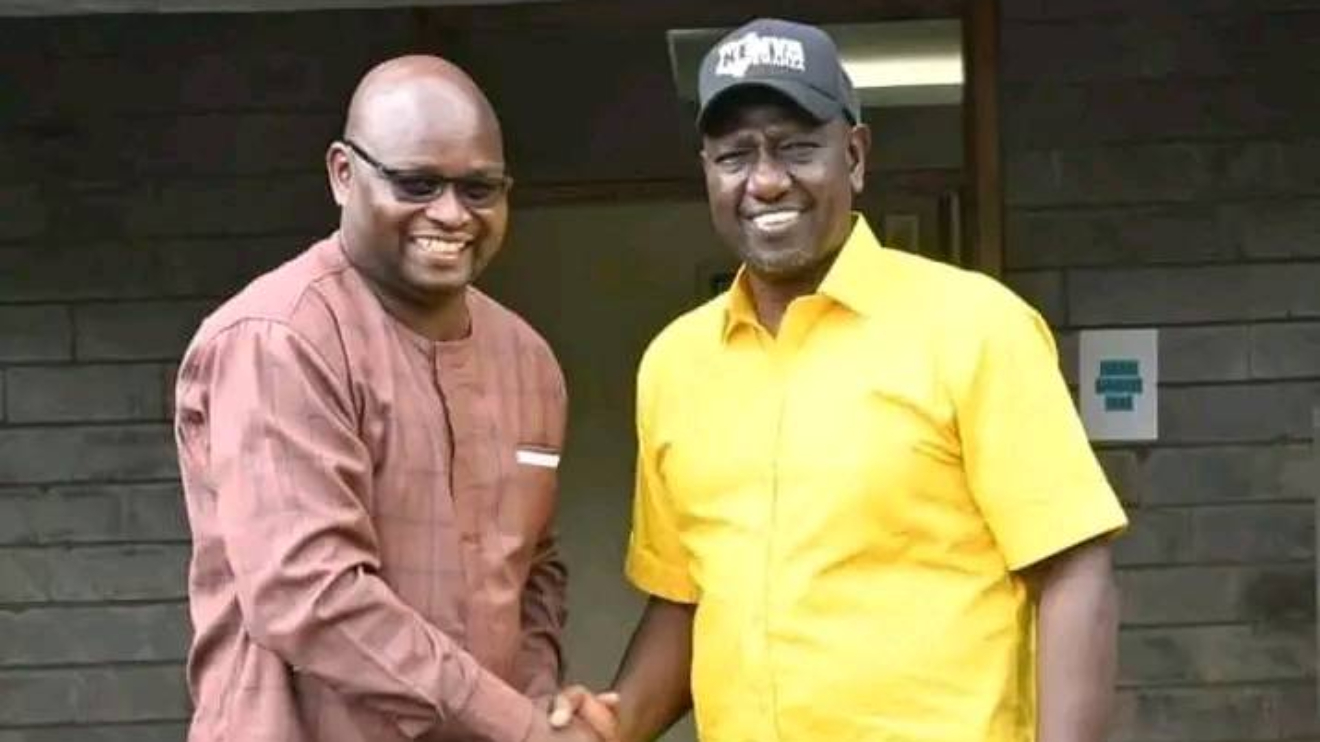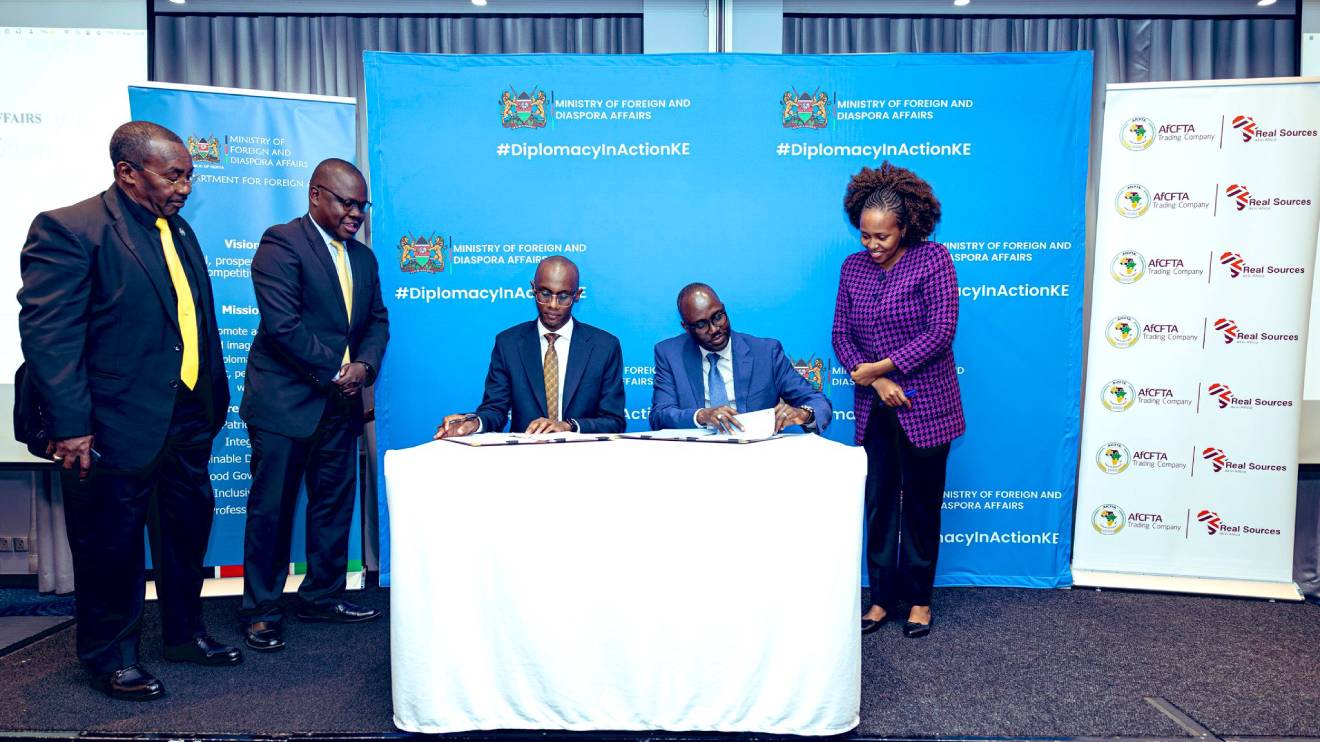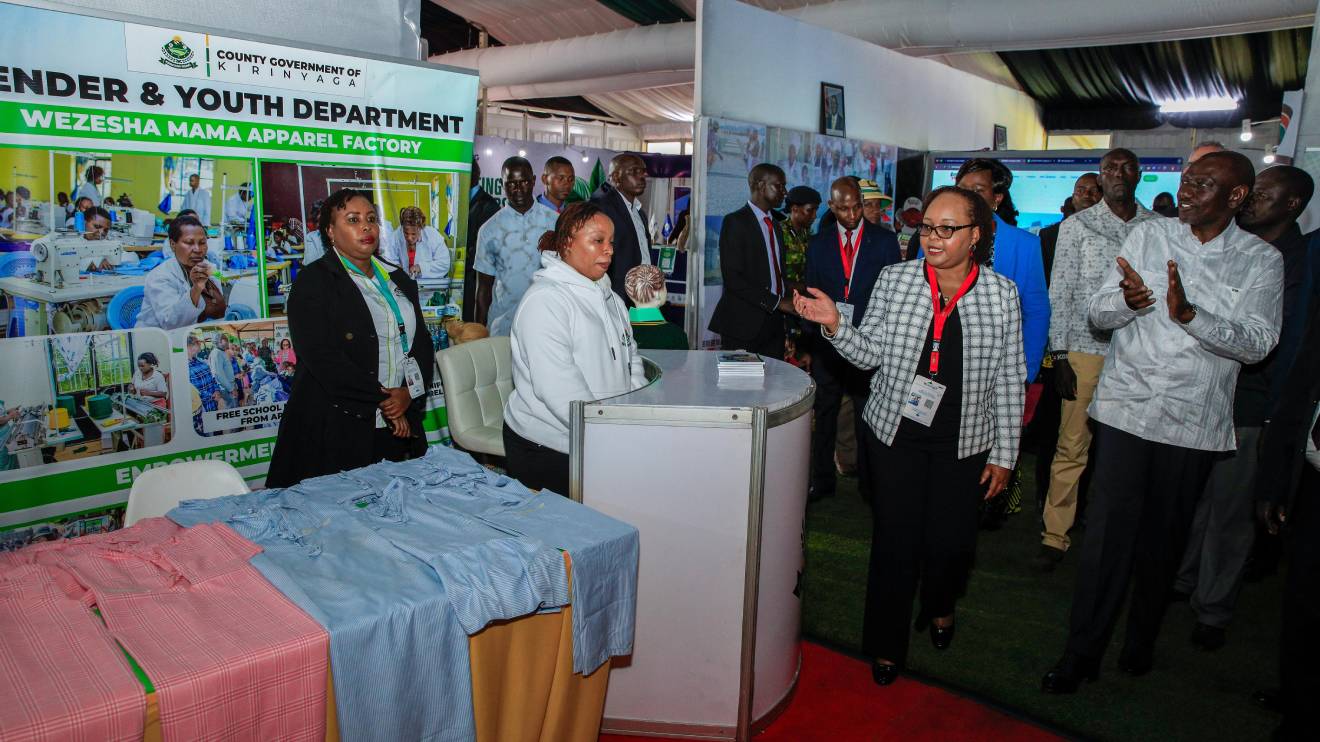Kenya National Union of Nurses (KNUN) Secretary General Seth Panyako has made startling revelations, alleging that President William Ruto compelled him to resign from the ruling party, United Democratic Alliance (UDA).
Panyako, who previously held the position of UDA's national vice chairperson, disclosed that his opposition to the 3 per cent housing levy outlined in the Finance Bill, 2023, displeased Ruto, leading to the ultimatum.
In a press conference held on Tuesday in Kakamega, Panyako disclosed the circumstances surrounding his departure from the party, asserting that it was not voluntary.
"I received a phone call from Ruto who told me to leave his party and I obliged," Panyako explained.
Panyako further expressed his stance, stating, "The president demanded that I exit his party due to my disagreement with him on the housing levy. As a leader, I cannot remain silent when the ship is sinking."
Read More
These revelations come just three days after Panyako announced his resignation during the burial of Amisi Omukanda, the elder brother of Higher Education Principal Secretary Beatrice Inyangala, in Navakholo constituency.
Panyako claimed that he was denied the opportunity to present his case or undergo the disciplinary process outlined in the UDA constitution.
“If I have disagreed or wronged the party, there is the disciplinary process. I should have been called and told I have opposed the party and the government stands on a certain issue and therefore we feel you are undermining the party agenda and we feel you should go through the disciplinary process," Panyako argued.
He stated that he did not refuse to subject himself to the disciplinary committee, as required, but felt intimidated due to the fact that political parties are often owned by individuals, leaving little room for fair processes.
Regarding his future plans, Panyako revealed that he intends to establish a new political party called the Partyless Peoples Movement.
Addressing speculations that his fallout with Ruto was due to the failure to secure an appointment, Panyako firmly dismissed such claims, asserting that he had turned down two offers from the president.
In light of these revelations, the circumstances surrounding Panyako's departure from UDA and his formation of a new political party raise questions about the state of internal party democracy and the extent of individual control within political parties in Kenya.










